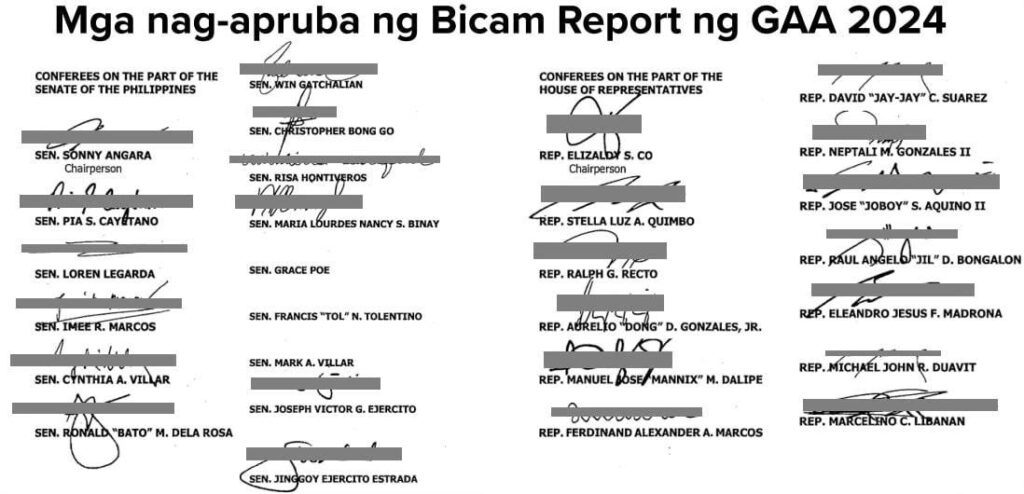Jeremiah 33:14-26
Out of all the prophets, Jeremiah is the youngest. To restore Israel and Judah to their original state, God reaffirms at the start of his book that they must demolish and rebuild (1:1–10). Among the main prophets, this book is particularly significant because it restates God’s promise that Israel would be restored by the coming Messiah, allowing them to return to the Promised Land.
The fact that the Messiah will be descended from David is another significant aspect of the scripture. It emphasizes that, in accordance with the covenant that God established with David, the Messiah will come to deliver people. The covenant protects Israel from its adversaries. If there is no covenant, God will not fulfill His promise to them. The Garden of Eden and Noah’s period are where the concept of a covenant originated. Restoring what God promised them is the aim of the covenant. God and the people had an official connection at the time of Abraham. And from Moses to David, it was ingrained in the framework of civilization.
Even in the midst of uncertainty and darkness, God confidently upheld the covenant, demonstrating His unwavering commitment to keeping it. This promise relates to the development of a strong country and the growth of David’s descendants. Therefore, God’s promise is solid and unwavering. We may be certain that we will be saved, prosper, and experience God’s mercy when we establish a covenant with him. The purpose of baptism and other sacraments is to serve as our contemporary covenant with God, which we may apply to our everyday lives. We renew our commitment to God when we attend mass and worship. Therefore, God is the source of all benefits, riches, security, and other assurances. We need to be grateful for all of God’s unspoken blessings because of this.
The promise of repair is final, at last. In the future, God’s dominion on earth will be restored. Indeed, it will transform God’s country, bring light to the dark, and subdue the evildoers. From a Christian perspective, it is Jesus Christ who fulfills this divine promise. God’s last promise was that Jesus would become the Messiah and take over the world. According to Matthew 1:1–17, demonstrating the relationship between Jesus Christ and David is the fulfillment of God’s promise to us.
Although the majority of us identify as Christians, few of us really live and behave like Christians. Despite being the sole Christian nation in Southeast Asia, there are many dishonest public servants and selfish individuals who pose as Christians. Although they are really evil people at heart, they were seen as virtuous by Christians. When Jeremiah warned the Israelites that they were betraying their covenant with God, they were in a similar predicament.
We must return to becoming God’s loyal people. According to St. Augustine, in order to regain our spirituality, we must reflect on our past trust in God and make sense of the world using the reason that God has given us. Reason and faith will help us grow and become more conscious Filipino Christians. As mature Filipino Christians, we follow God’s will. To mend everything—including ourselves, our families, our communities, and even the whole nation—we need to undergo change and find healing. 1 Peter 5:10 reads, “And the God of all grace, who called you to his eternal glory in Christ, after you have suffered a little while, will himself restore you and make you strong, firm, and steadfast.” God is always there for us and protects us from disagreements, regardless of the issues or uncertainties we encounter.
Prayer
To the Restorer God, allow us to become a servant again. In times of prosperity, we set aside You, and we are busy for the security of material things. This time, oh God, we need to come near to You in order to have a strong and firm spiritual life. I hope that the presence of the Holy Spirit pours unto us. Amen.
________________
Prof. Ruel D. Garcia is a theology professor at La Consolacion University Philippines as well as the former editor-in-chief of the International Journal on Culture, History, and Religion (IJCHR.paschr.ph).




